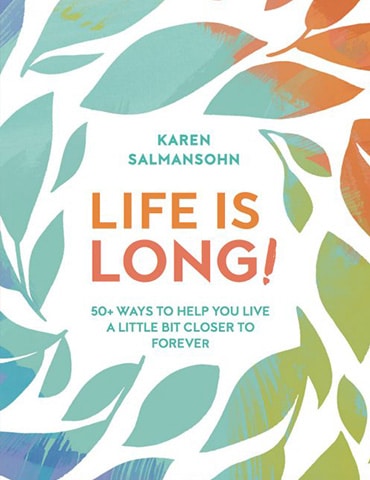 In a society marked by evolving norms and increased awareness about mental health, the stigma surrounding alcoholism persists, often taking a particularly harsh toll on women.
In a society marked by evolving norms and increased awareness about mental health, the stigma surrounding alcoholism persists, often taking a particularly harsh toll on women.
The question arises: Are female alcoholics judged more harshly than their male counterparts?
This article delves into the complex interplay of societal expectations, stereotypes, and the unique challenges faced by women battling alcohol addiction.
I’m writing this article because I’m a bestselling author on behavioral change with about 2 million books sold globally.
Plus I founded the therapist recommended self-paced online course called The Anxiety Cure.
I love to help people to live calmer, happier lives. So I put together this article about the different ways women alcoholics are judged versus men alcoholics.
Stigmas on Female Alcoholics
Stereotypes and societal expectations play a pivotal role in shaping perceptions of alcoholism in women. Unlike their male counterparts, female alcoholics often confront a double standard. They grapple not only with the physical and emotional toll of addiction but also with societal scrutiny.
Society tends to view women through a lens of expectations that dictate grace, composure, and a certain level of perfection. When these expectations clash with the reality of alcohol addiction, women face harsh judgment, with society quick to label them as deviating from societal norms. Seeking help from alcohol treatment centers can go a long way in helping women recover from addiction and escape the stigma associated with addiction.
The stigma for female alcoholics is evident in our language.
We use different words to describe male and female alcoholics. While men may be characterized as struggling with a “drinking problem,” women are often labeled with more stigmatizing terms like “alcoholic” or “addict.” Such linguistic nuances contribute to the harsh judgment faced by women alcoholics. This reinforces the societal narrative that women who struggle with alcohol are somehow more morally flawed than their male counterparts.
Effects of Alcohol Abuse in Women
Beyond societal judgment, the effects of alcohol abuse in women can be particularly devastating. Physiologically, women generally experience more severe consequences of alcohol addiction compared to men. The impact on the liver, heart, and brain can be more pronounced in women, making it imperative to address the issue promptly.
Moreover, alcohol abuse in women is often intertwined with complex social dynamics. Women may grapple with additional pressures such as societal expectations of motherhood, the strain of balancing career and family life, and the pervasive notion that seeking help is a sign of weakness. These factors can contribute to a sense of isolation, making it even more challenging for women to seek assistance or confide in others about their struggles.
Importance of Rehabilitation for Female Alcoholics
Recognizing the unique challenges faced by female alcoholics, it becomes crucial to emphasize the importance of rehabilitation. Rehabilitation programs tailored to the specific needs of women can provide a supportive environment where they can address not only the physical aspects of addiction but also the underlying social and emotional factors.
By challenging societal stereotypes and fostering a non-judgmental approach to addiction, rehabilitation programs can empower women to overcome the barriers preventing them from seeking help.
Addressing the stigma associated with female alcoholism is a crucial step in fostering an environment that encourages open dialogue and empathy. This can ultimately break down the barriers preventing women from seeking the assistance they need.
Final Word: Judging Female Alcoholics More Harshly
In the journey toward a more compassionate and understanding society, it is imperative to confront the harsh judgment faced by female alcoholics. By dismantling stereotypes, acknowledging the unique challenges women face, and prioritizing rehabilitation efforts, we can work towards a world where individuals, regardless of gender, can seek help without fear of judgment.
Get Support To Manage Stressful Times
Explore my therapist recommended audio and video course: The Anxiety Cure.
Think happier. Think calmer.
Think about subscribing for free weekly tools here.
No SPAM, ever! Read the Privacy Policy for more information.
One last step!
Please go to your inbox and click the confirmation link we just emailed you so you can start to get your free weekly NotSalmon Happiness Tools! Plus, you’ll immediately receive a chunklette of Karen’s bestselling Bounce Back Book!



 In a society marked by evolving norms and increased awareness about mental health, the stigma surrounding alcoholism persists, often taking a particularly harsh toll on women.
In a society marked by evolving norms and increased awareness about mental health, the stigma surrounding alcoholism persists, often taking a particularly harsh toll on women.